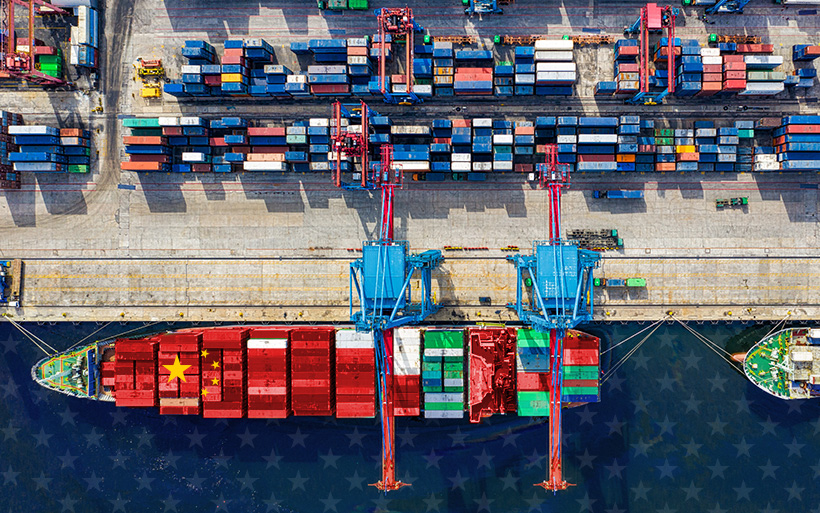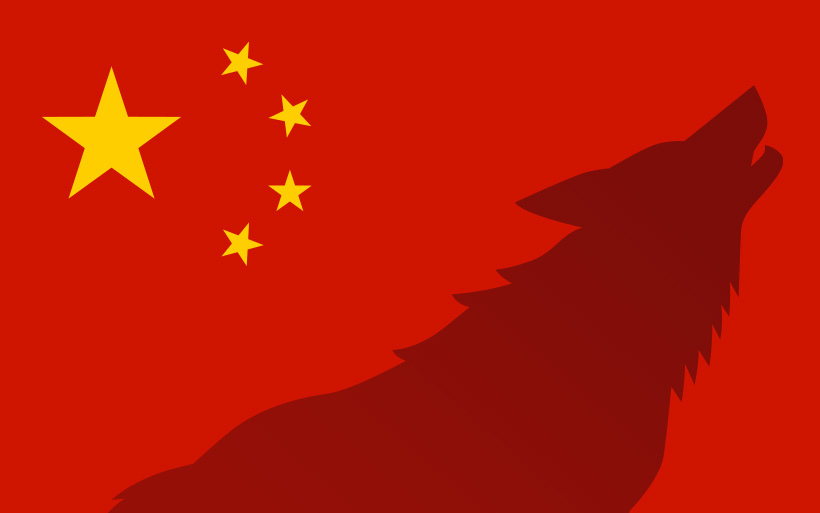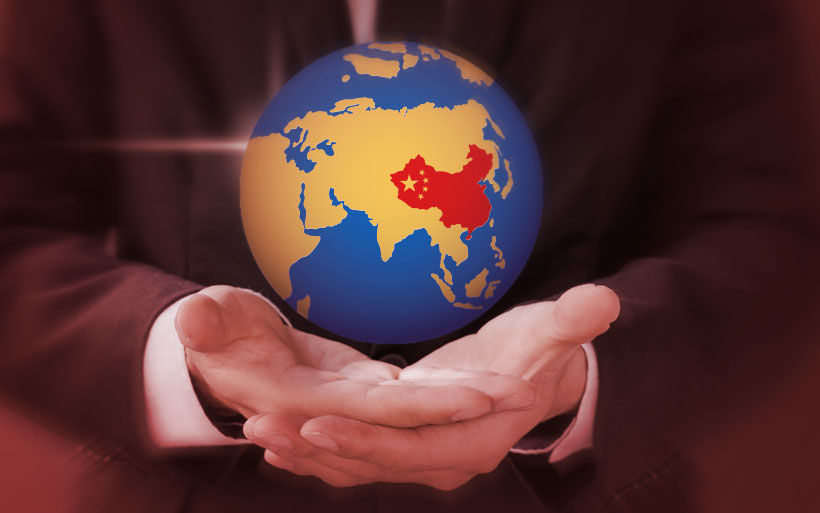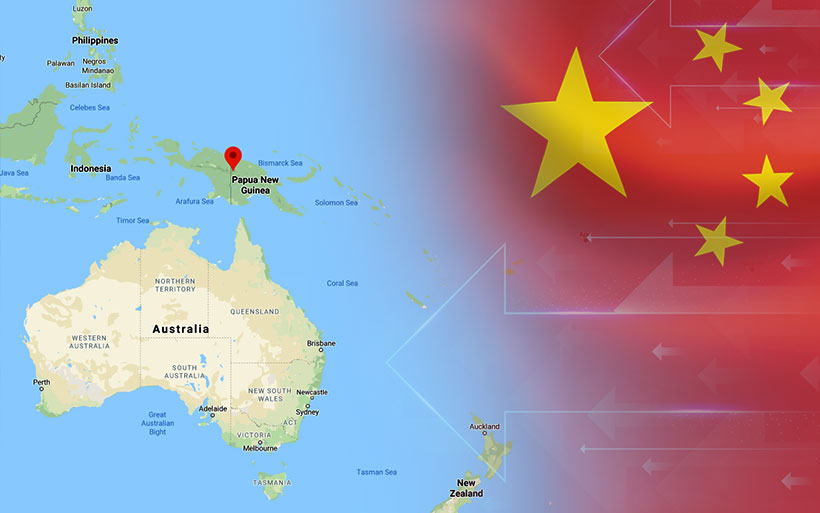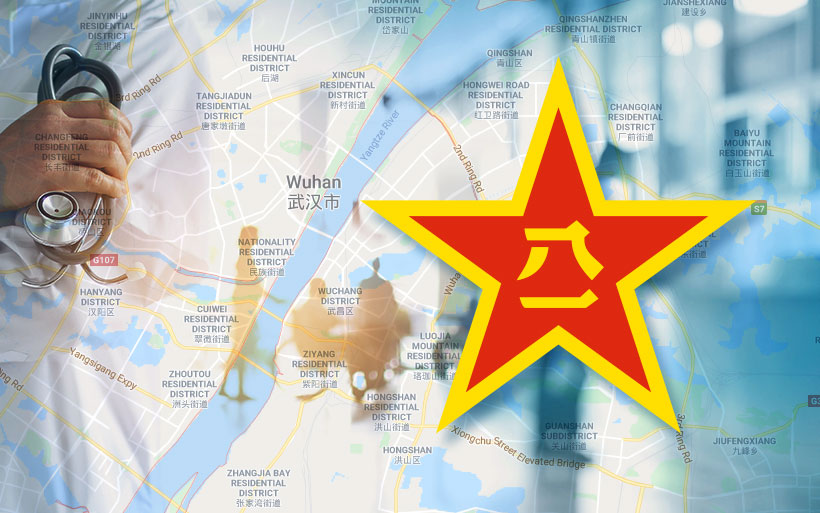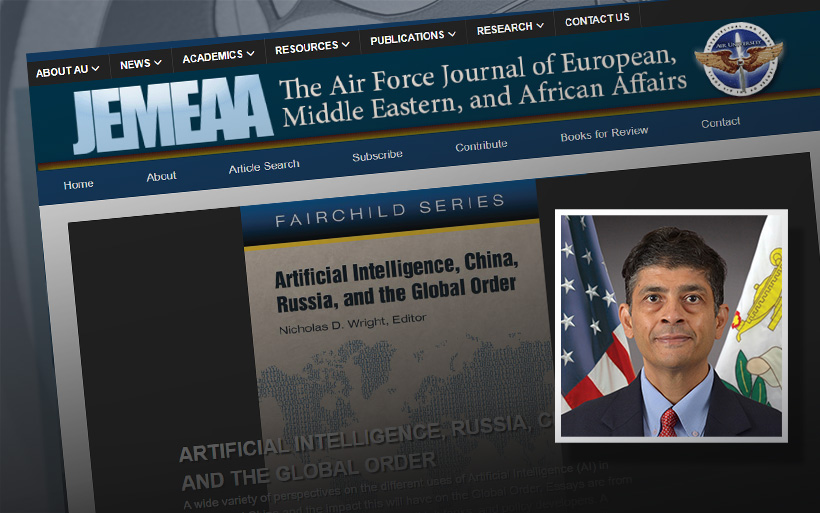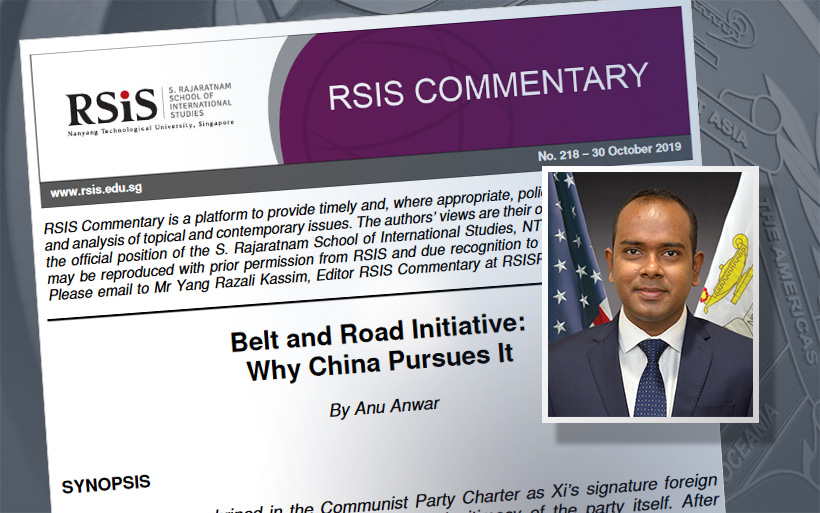The Post-COVID19 World: Globalization with Different Characteristics
“The Post-COVID19 World: Globalization with Different Characteristics” is a new paper co-authored by DKI APCSS professors Dr. Deon Canyon and Dr. Virginia Bacay Watson for Security Nexus. This OpEd speculates on how trade strategies combined with US-China strategic competition and the ongoing economic decoupling of the world’s top two economies may redefine the nature of post-COVID19 globalization. Excerpt: For the first time in recent history, a decoupling process features two countries upholding opposing political ideologies that inform their respective visions of world order. In effect, the economic decoupling also draws an ideological line of separation between the US and China. Read [...]


